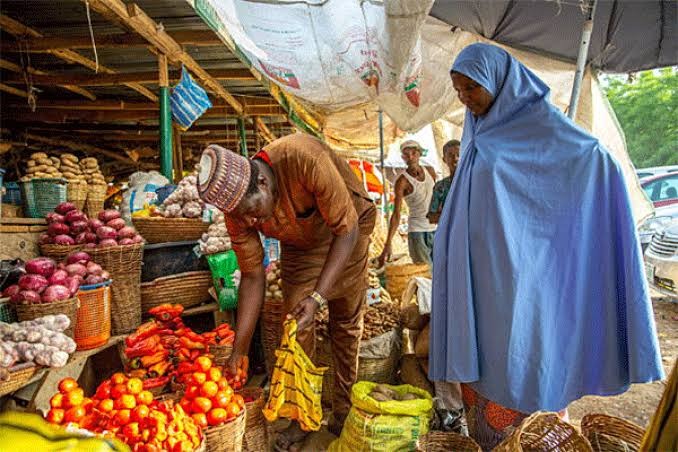Nigeria ranks fifth in the list of top 10 countries worse hit by food inflation in the world.
The country, however, occupies the third position in Africa, behind Malawi and Liberia.
The ranking is contained in the World Bank’s food security report for the month of September.
The report noted that Nigeria is among the countries with worsening food security conditions due to conflict in food-producing regions, environmental challenges caused by climate change, etc.
According to the report, the country hardest hit by food inflation is Haiti with a 12 per cent year-on-year real increase in food inflation followed by Malawi, Vietnam and Liberia.
It stated, “On the other hand, 18 countries experienced worsening situations due to factors including intensified conflict and climate-related shocks, such as droughts. Notable examples include Ethiopia, Nigeria, and Yemen, each witnessing an increase of more than 1 million people facing high levels of food insecurity from the previous year.”
Furthermore, the report stated that there has been a 28 per cent increase in the number of food-insecure people in Nigeria between August 2023 and September 2024.
According to a World Bank report, extreme weather events have significantly increased food insecurity across West Africa, leading several countries in the region to declare states of emergency.
The report referenced the latest Cadre Harmonisé analysis, highlighting that a combination of factors—including deteriorating security conditions, low agricultural production, soaring food prices, disrupted markets, and more frequent and severe extreme weather—resulted in nearly 55 million people facing food insecurity (IPC Phase 3 or higher) during the lean season from June to August 2024.
The report also estimated that approximately 1.6 million hectares of land have been inundated by floods in Nigeria, including 342,650 hectares of cropland, impacting 685,770 vulnerable individuals.









